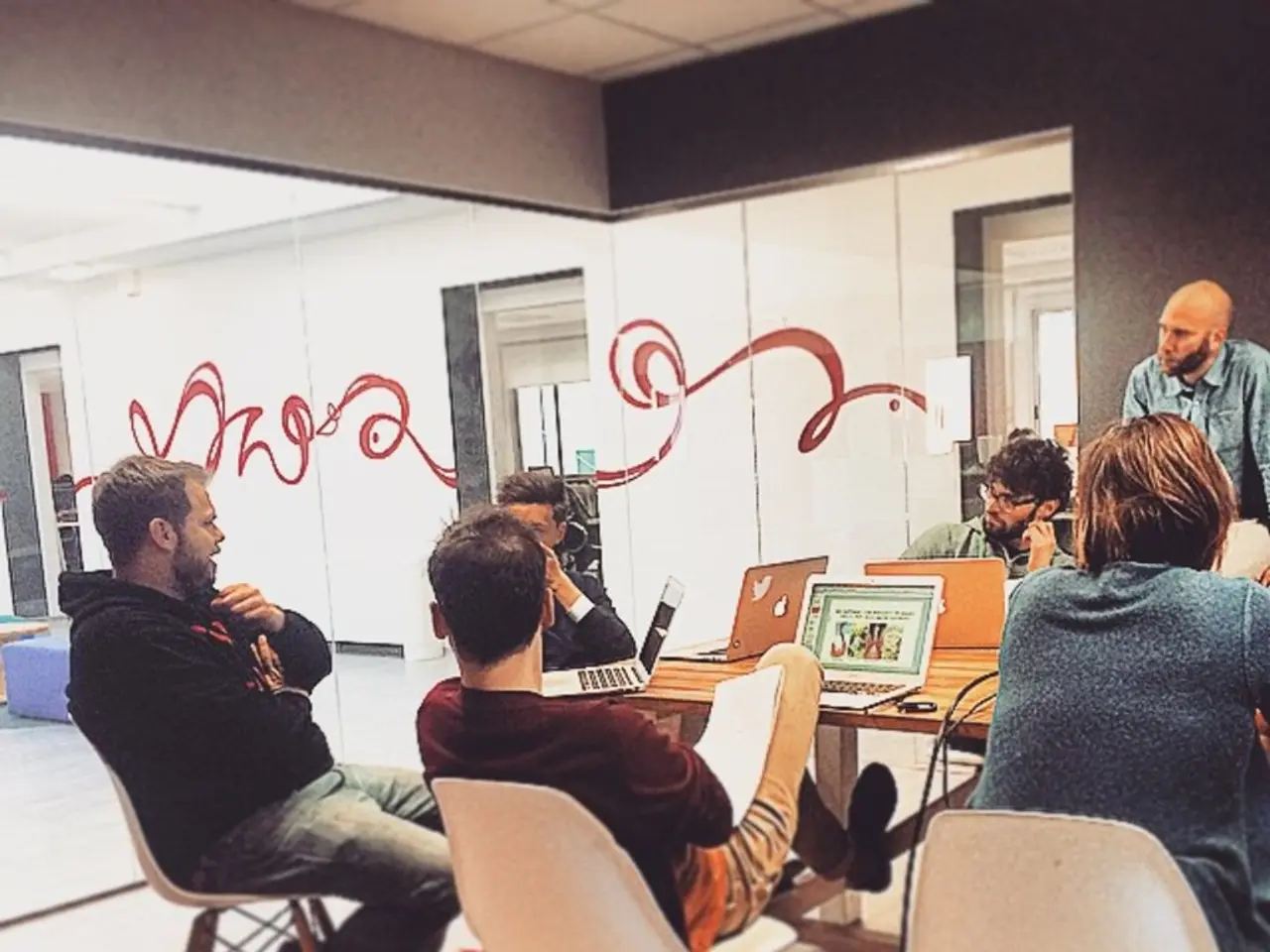Half of Workers Suffer 'Quiet Cracking', Silent Job Disengagement
A concerning trend, dubbed 'quiet cracking', is on the rise in workplaces. More than half of workers feel persistent unhappiness, leading to disengagement and a desire to quit, according to a survey by TalentLMS. This silent withdrawal, caused by long-term unhappiness and lack of appreciation, harms productivity and workplace well-being.
The phenomenon, defined as a passive and unconscious mental distancing from one's job, results from employees staying in jobs despite unhappiness or stress. Those experiencing 'quiet cracking' are less likely to take on extra responsibilities, share ideas, or attend team events. Even a small number of disengaged employees can negatively impact workplace culture and trust.
Job uncertainty, economic uncertainties, managerial disconnects, lack of training, and lack of recognition all contribute to 'quiet cracking'. New research suggests this trend is growing, with employees significantly more likely to be looking for new jobs if they're experiencing it.
Employers can combat 'quiet cracking' by addressing its root causes. Providing learning and development opportunities, regular recognition, management training, and clear expectations can help prevent this silent disengagement. Auditing current training and management efforts to identify gaps in managerial support is the first step in tackling this growing issue.
Read also:
- Dual-function mattress offers both cooling and coziness at an affordable price.
- Top-Notch Weed Killers for Fences in 2025: Efficient Boundary Management Solutions for a Clean Fence Line
- Southeast U.S. Becomes 'Battery Belt' With $40B Investment
- Automotive 2024 Event Highlights AI, Data, and Cybersecurity in Supply Chain






